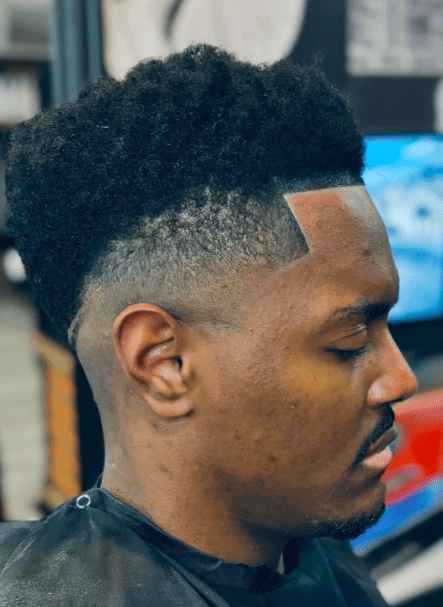Barbers as Cultural Curators Shaping Neighborhood Character and Bonding in New Metropolis
Hair salons in New York City are not only locations to get a trim; they function as crucial community hubs that help define neighborhood identity and nurture relationships among residents. These businesses have a long heritage in urban settings, acting as meeting spots where people from varied backgrounds come togetherness. In many areas, barbershops are often the first place where individuals can participate in discussions about community issues, exchange stories, and forge relationships. This distinct role makes barbers not only skilled professionals but also community curators who add to the social fabric of their communities.
The atmosphere in a barbershop is often vibrant and welcoming, creating a space where clients feel at ease expressing themselves. Barbers are known for their skill to connect with clients, often engaging in discussions that span from sports to current events. This engagement helps to create a feeling of belonging among clients, as they share their experiences and perspectives. In many cases, barbershops reflect the cultural diversity of the areas they serve, showcasing different haircuts, grooming techniques, and even sounds that resonate with the local population. This social exchange enhances the interaction for everyone involved and bolsters community ties.

Barbershops also have a significant role in maintaining cultural heritage. Many barbers have been trained in particular techniques that are passed down through ages, here are the findings guaranteeing that unique styles and practices are not lost over time. For example, certain haircuts and grooming methods may be linked to cultural background, allowing clients to express their identity through their look. By upholding these traditions, barbershops help to preserve cultural stories alive, providing a feeling of pride and connection for local members.
In furthermore to their cultural significance, barbershops often participate in community service and support local causes. Many barbers take an proactive role in addressing social issues, such as learning and health awareness, by hosting events or providing resources to their clients. This involvement demonstrates a dedication to the health of the community and encourages a feeling of responsibility among barbers. By using their platforms to promote positive change, barbershops become essential players in the local area, further reinforcing their role as community curators.
In conclusion, barbershops in New York City serve as essential places for cultural exchange, community development, and identity creation. They provide a unique environment where individuals can connect, exchange, and honor their varied backgrounds. As community curators, barbers not only influence the way clients present themselves but also influence the broader community dynamics. By recognizing the value of these establishments, we can value the essential role they have in building connections and maintaining cultural traditions in urban settings.